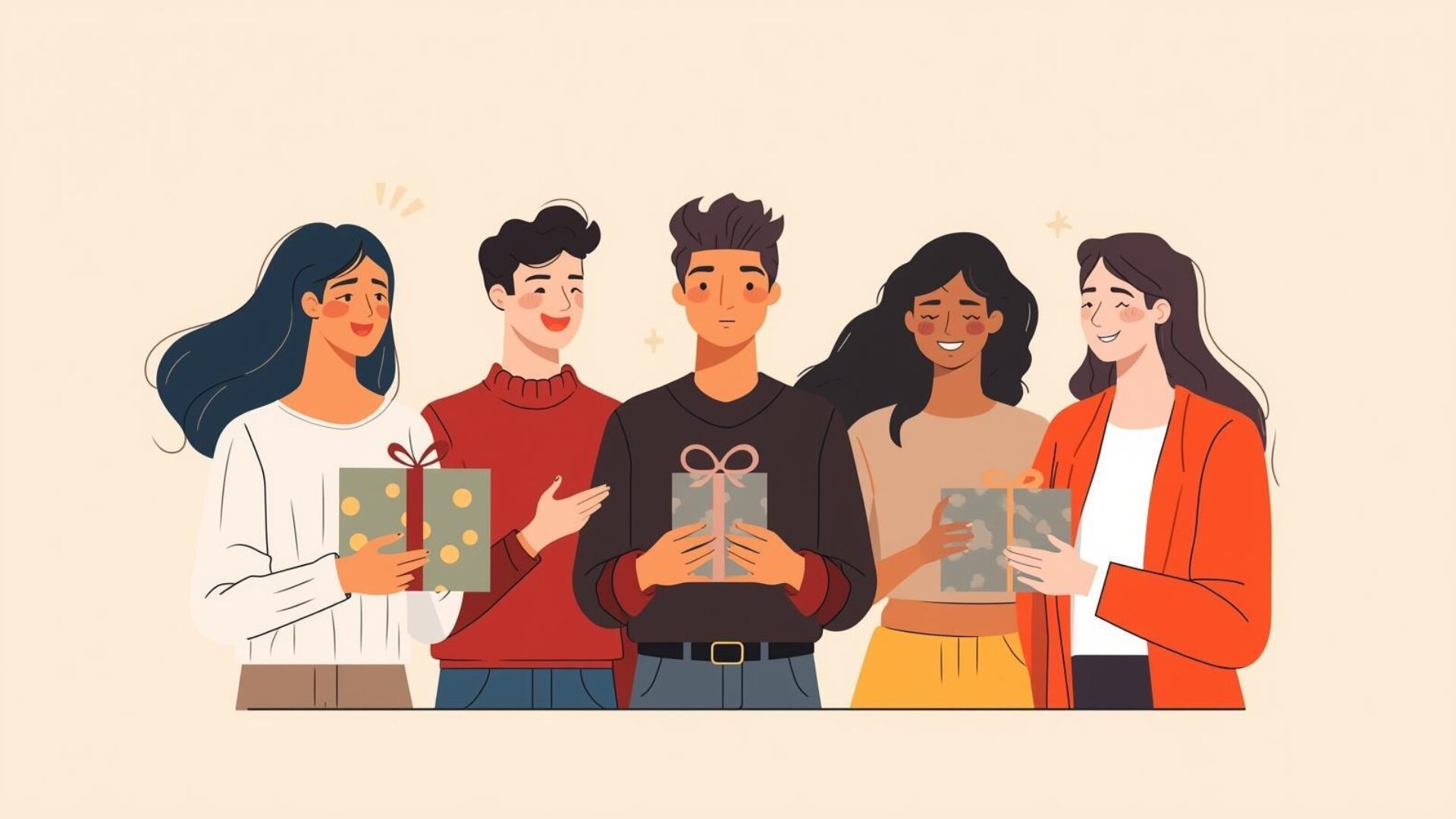By Bob Dixon, Counsellor, Hypno-psychotherapist and Coach
If you asked your dog to make you a cup of tea, and it didn’t, you wouldn’t be disappointed. You wouldn’t feel rejected, or wonder why it didn’t care enough to boil the kettle. You’d simply accept it: dogs can’t make tea. It’s beyond their ability.
The funny thing is, when it comes to people, we often forget that same principle. We expect friends, partners, colleagues – even family – to give us things that they may not have the ability to give. And when they don’t, we get frustrated, hurt, even angry.
But here’s the shift that changes everything: sometimes it’s not that they won’t. Sometimes it’s that they can’t.
Headlights and Human Capacity
Think about driving at night. Your headlights shine only so far ahead. They light the road in front of you, but not the whole journey. You don’t get angry at your headlights for not showing you all the way home, rather you just work with what they can do.
People are the same. Their ability to listen, to empathise, to self-reflect on their own behaviour, and to understand their own motivations is all shaped by their history, their wiring, and their experiences. Some people just don’t have the capacity that we expect them to have.
When we forget this, we end up expecting them to “make tea”, and then getting upset when they can’t.
Why We Get Hurt
Often the pain we feel isn’t from what they did or didn’t do, but from the gap between our expectations and their capacity.
If we tell ourselves, “They should be more caring. They should understand. They should see what they’re doing. They should reflect on their behaviour”, we are setting ourselves up for disappointment.
But when we flip the story to “they’re giving what they can, even if it’s not enough for me” something changes. The pressure lifts. The sting lessens. It’s not personal. It’s capacity.
That doesn’t mean we have to like it, or settle for less than we need. But it does mean we don’t need to carry the extra weight of frustration and blame.
Acceptance Doesn’t Mean Being a Doormat
Acceptance is not weakness. It doesn’t mean tolerating poor treatment or pretending we don’t have needs. It’s about seeing things clearly.
It’s a bit like saying: “I see what you can give. I accept that this is your limit. And I also see what I need. If those don’t match, I have choices.”
That’s strength. That’s clarity. It’s refusing to make our wellbeing depend on someone else’s inability.
Choosing Your Response
Here’s the part that matters most: we always get to choose our response.
When someone falls short, we can react with hurt, anger, or silence. Or we can pause, breathe, and decide.
Maybe we take what little they can give and find the rest somewhere else. Maybe we set a boundary: “This doesn’t work for me". Maybe we step back from the relationship altogether.
Whatever we choose, it’s stronger – and calmer – than staying stuck in the loop of “Why can’t they just…?”
The Stones We Carry
It helps to picture expectations like stones in a backpack. Each thought of “They should understand me. They should support me. They should treat me better” adds another stone.
The more we carry, the heavier it gets.
But when we recognise that some people simply can’t give what we’re asking, we can set those stones down. Not because they suddenly changed, but because we stopped demanding something beyond their capacity.
And the moment we put that weight down, we feel lighter. Freer. Clearer.
Bottom Line
At the end of the day, it makes no more sense to expect someone without the tools for empathy, self-reflection, or self-understanding to suddenly “get it” than it does to expect your dog to make you tea.
When you accept that reality, three things happen: You feel less hurt. They feel less pressured. You gain the freedom to decide what you want to do next.
That’s not weakness. That’s wisdom. And it frees you to invest your time and energy where it counts with the people who can meet you halfway, and in the life that actually nourishes you.
So remember: Dogs can’t make tea. Headlights only shine so far. And some people can’t give what you’re hoping for.
Accepting that doesn’t make you smaller. It makes you stronger.


